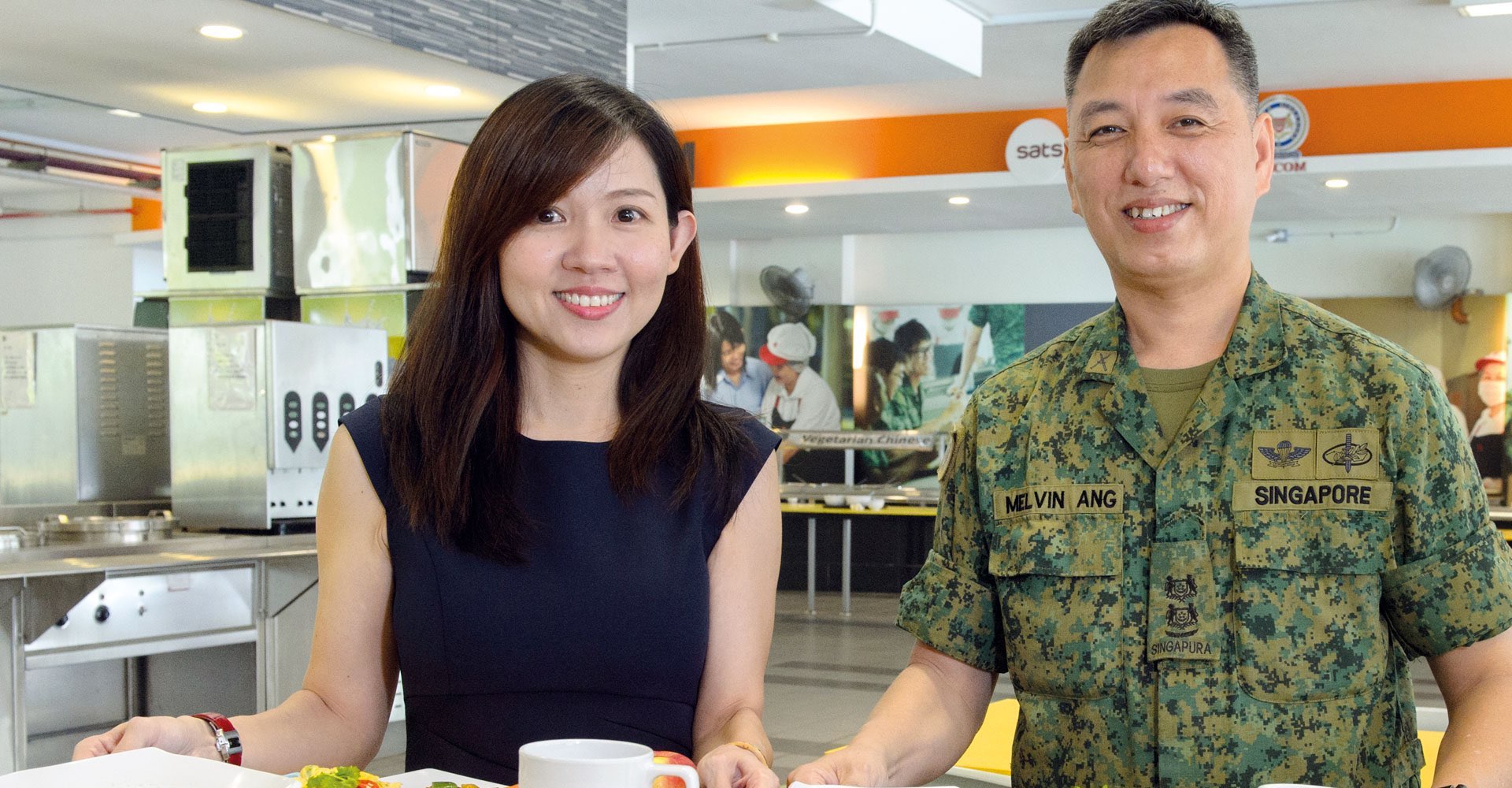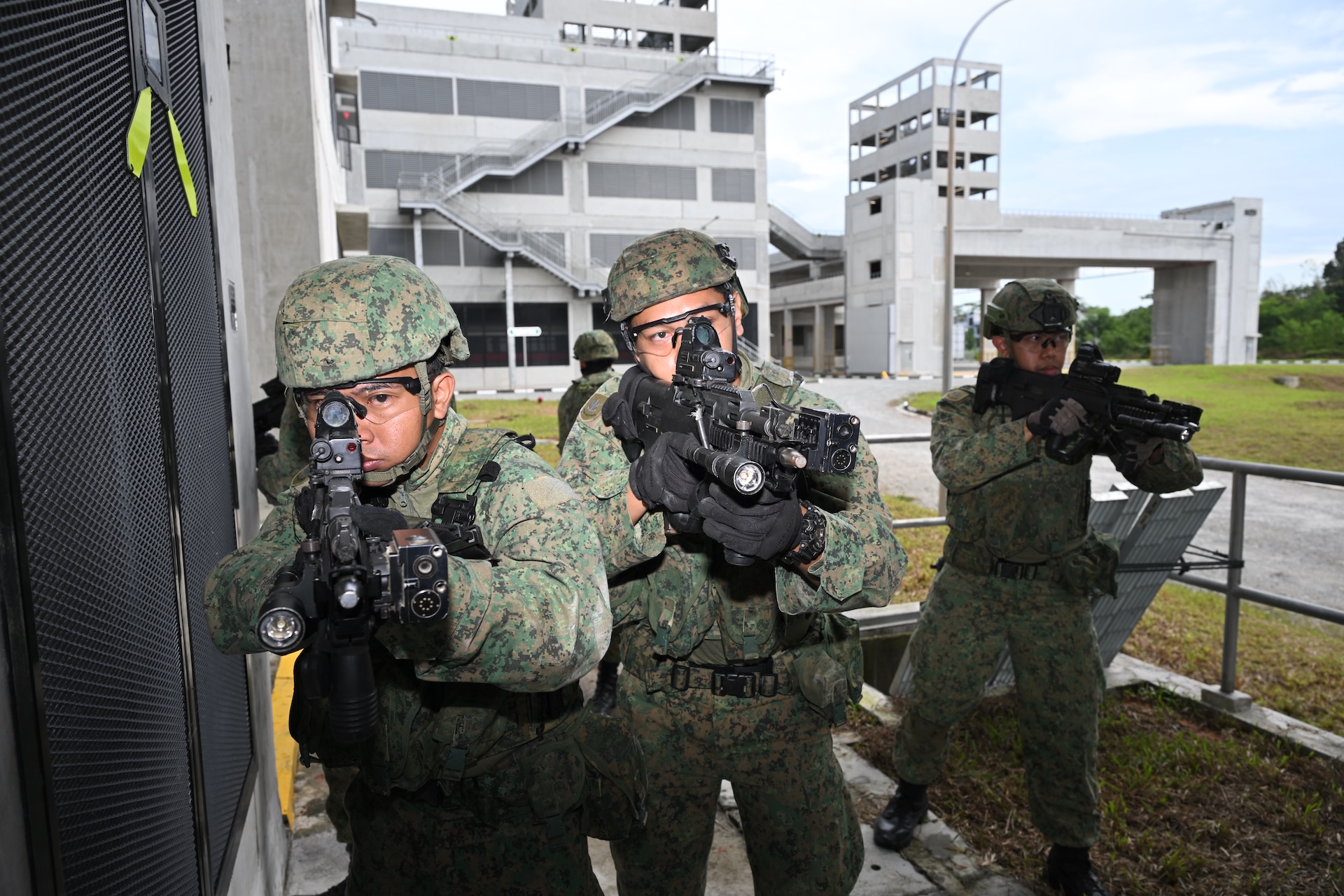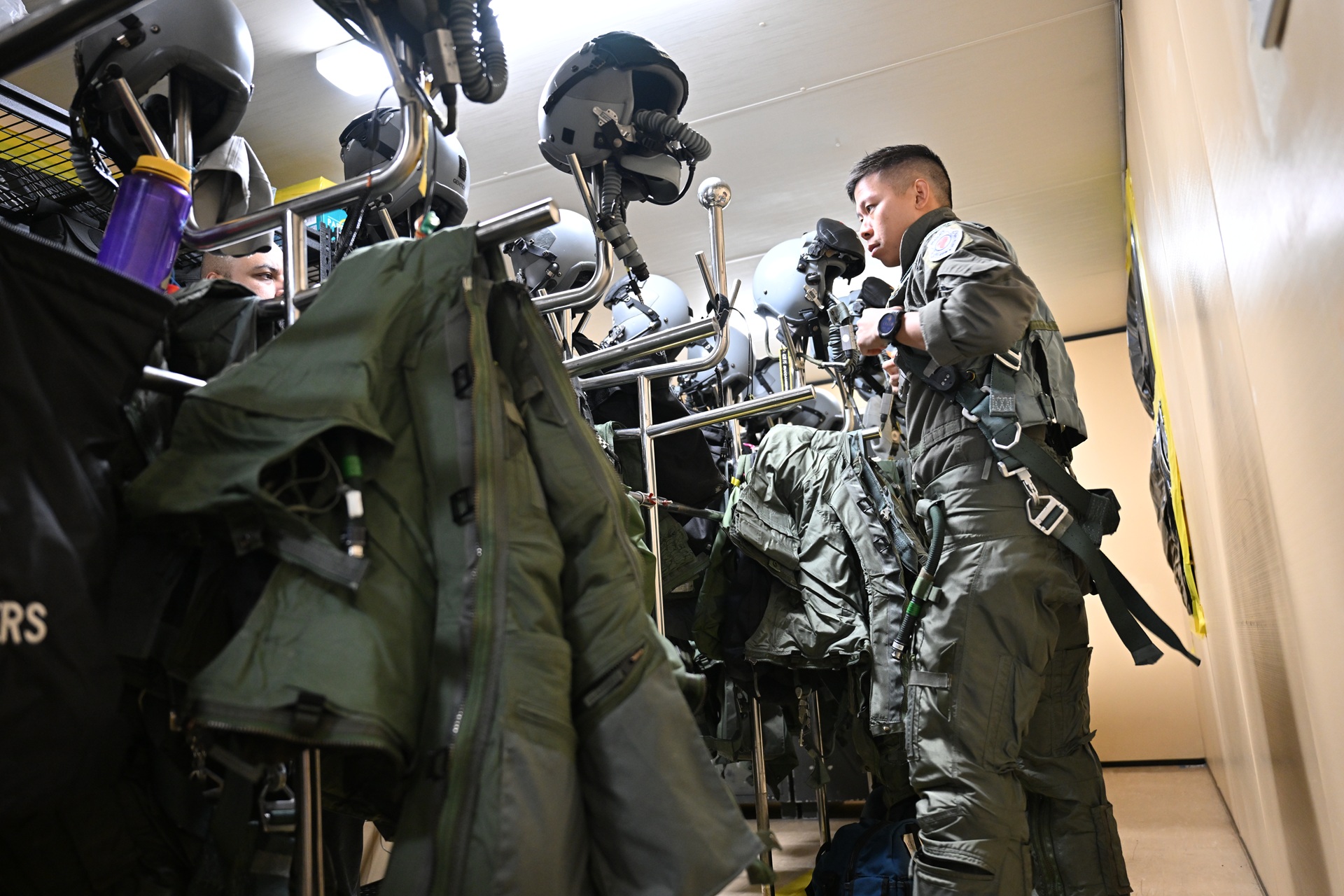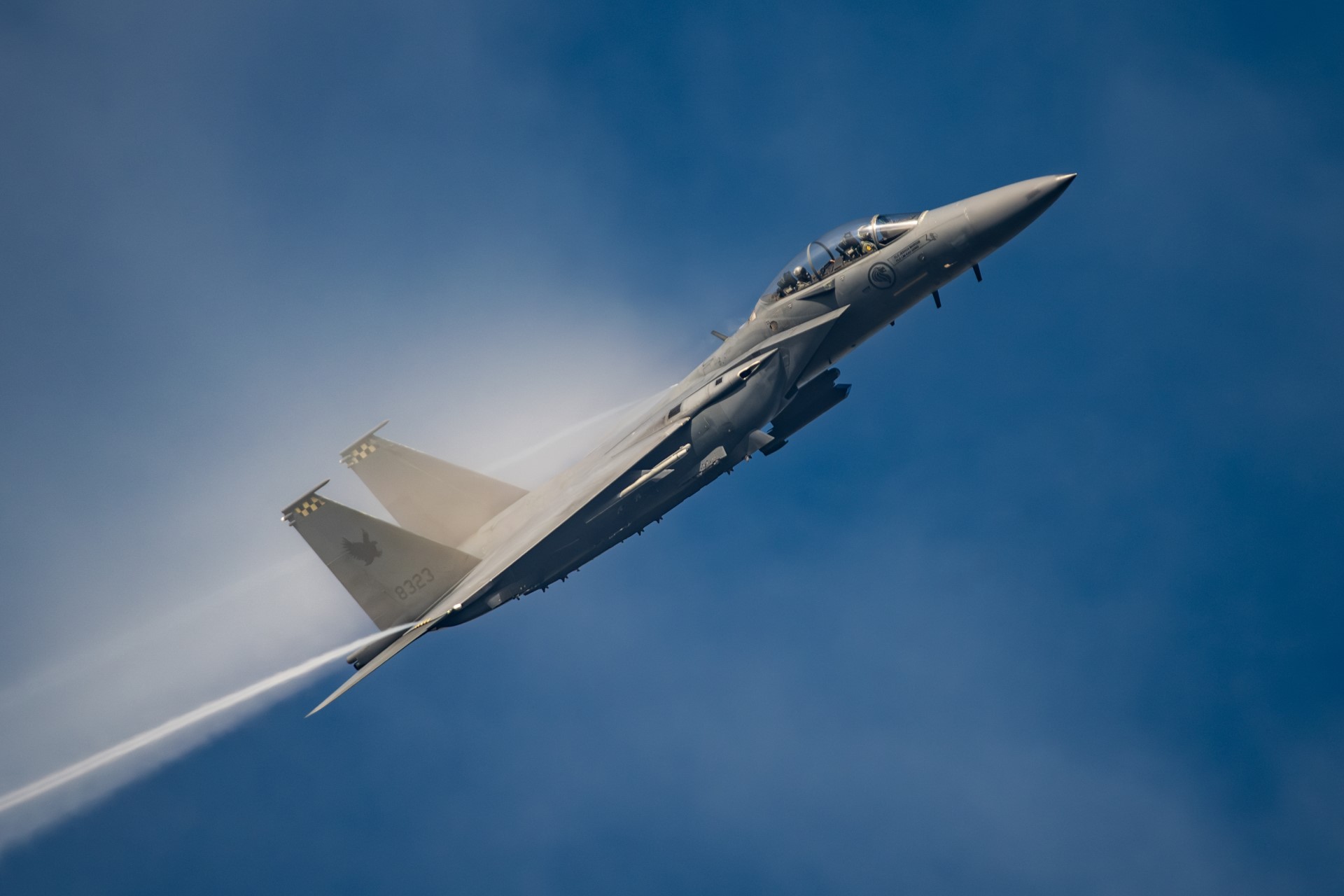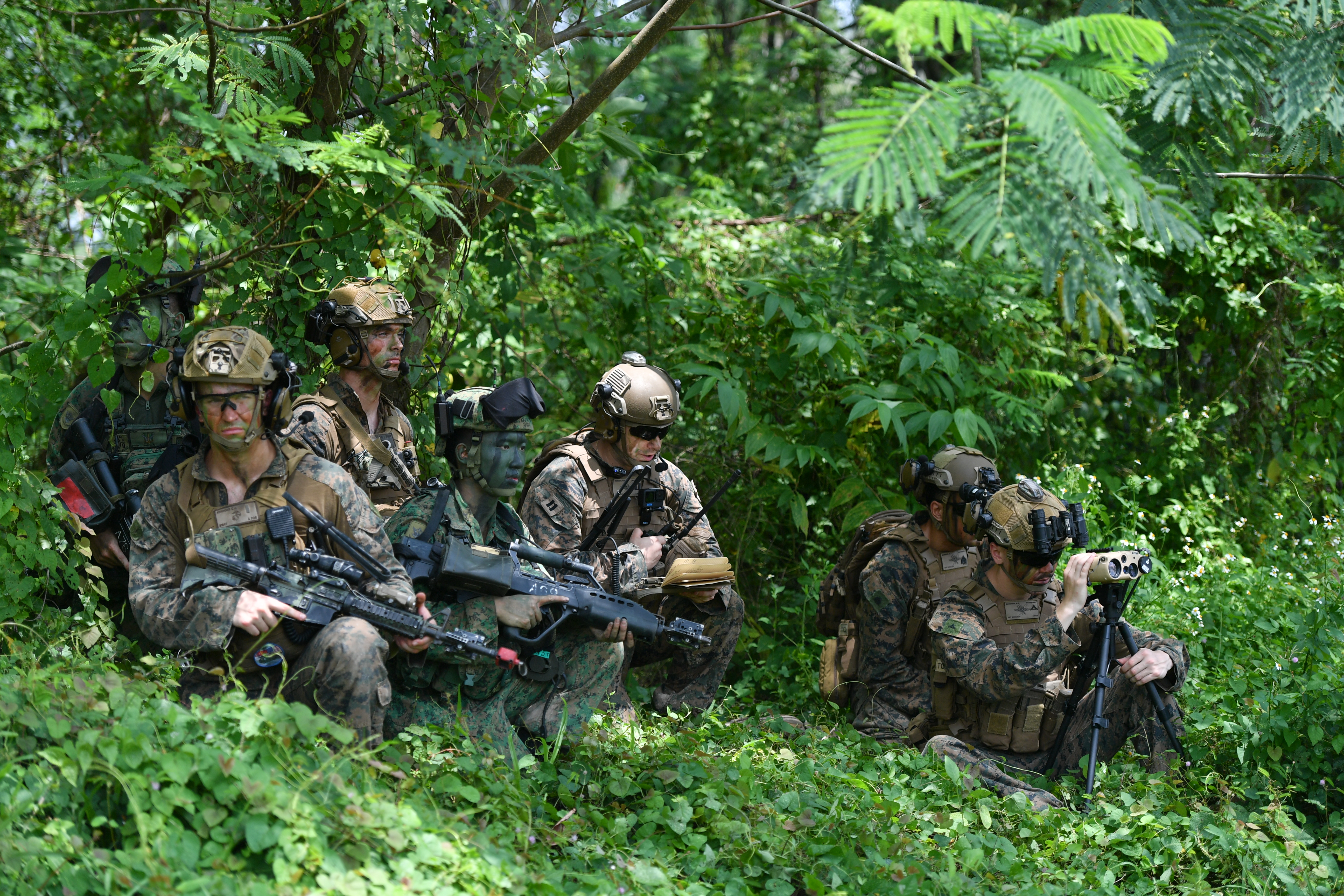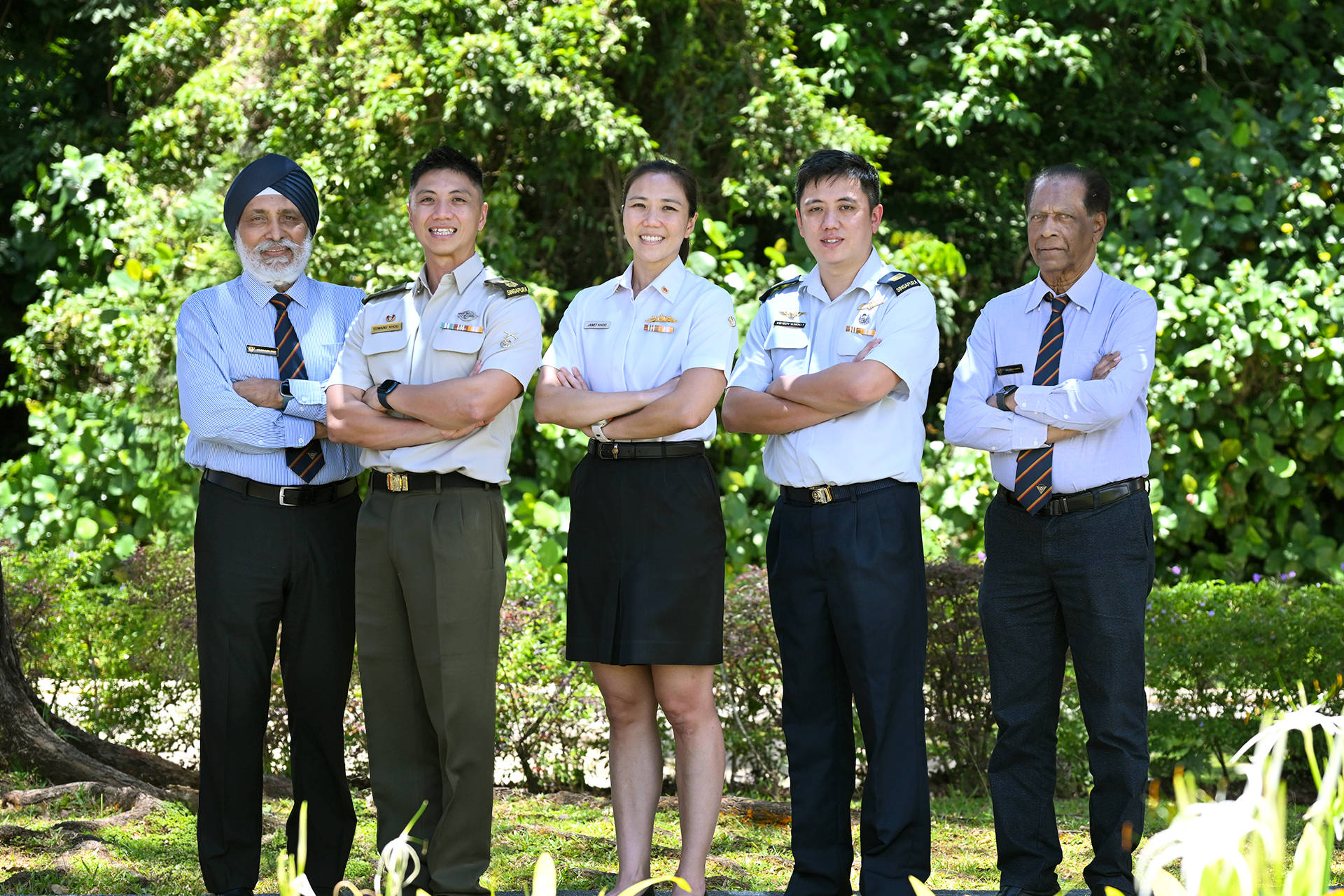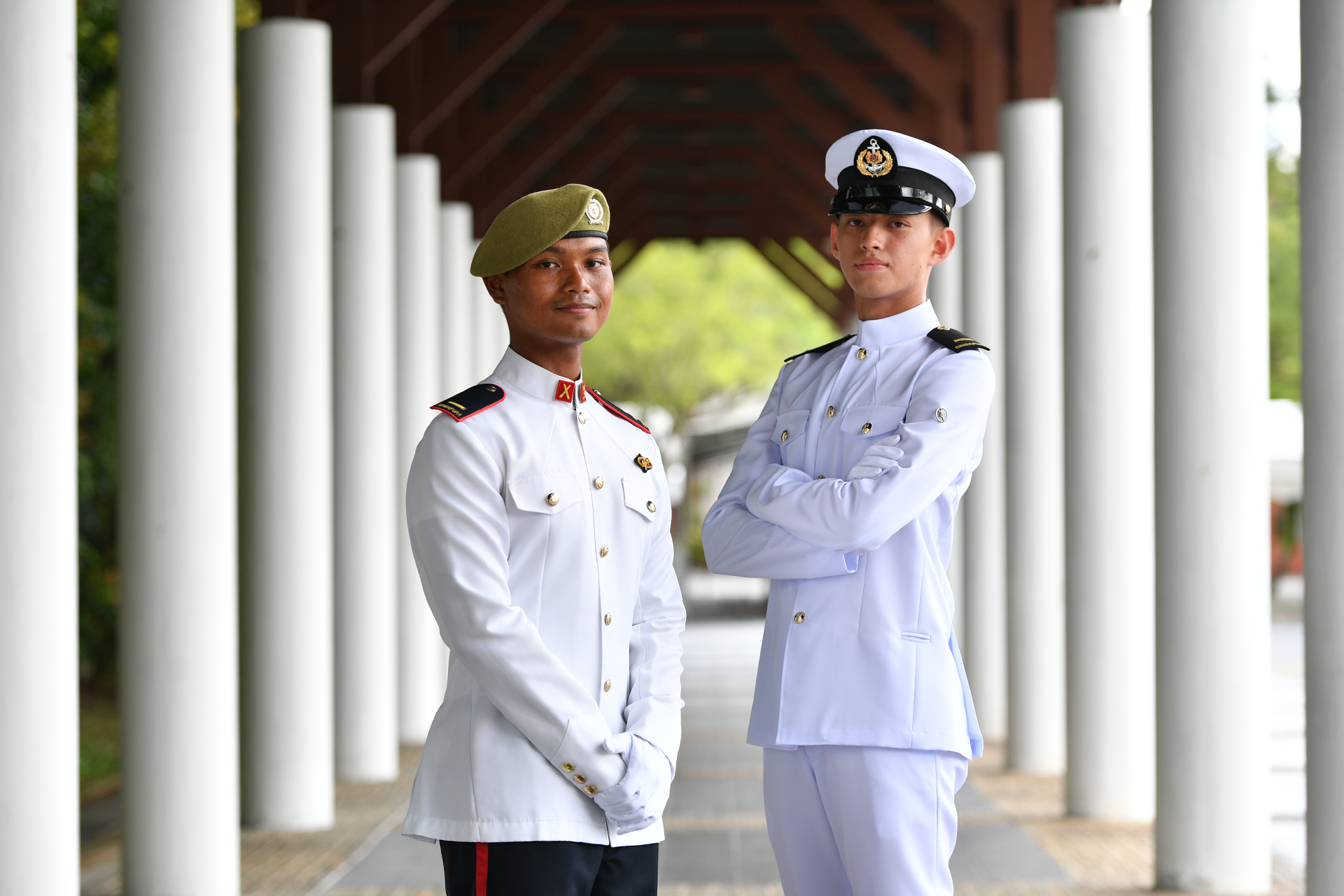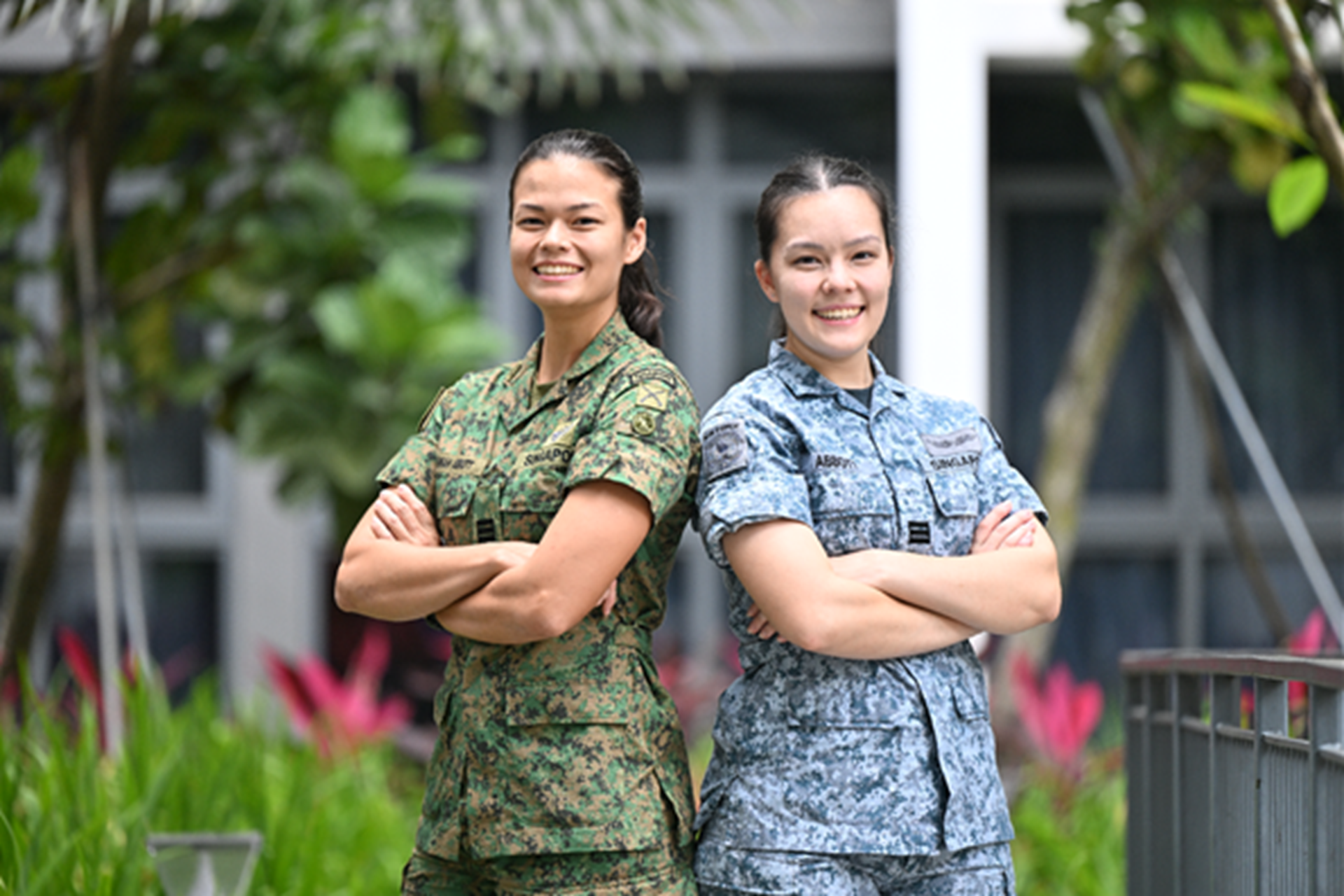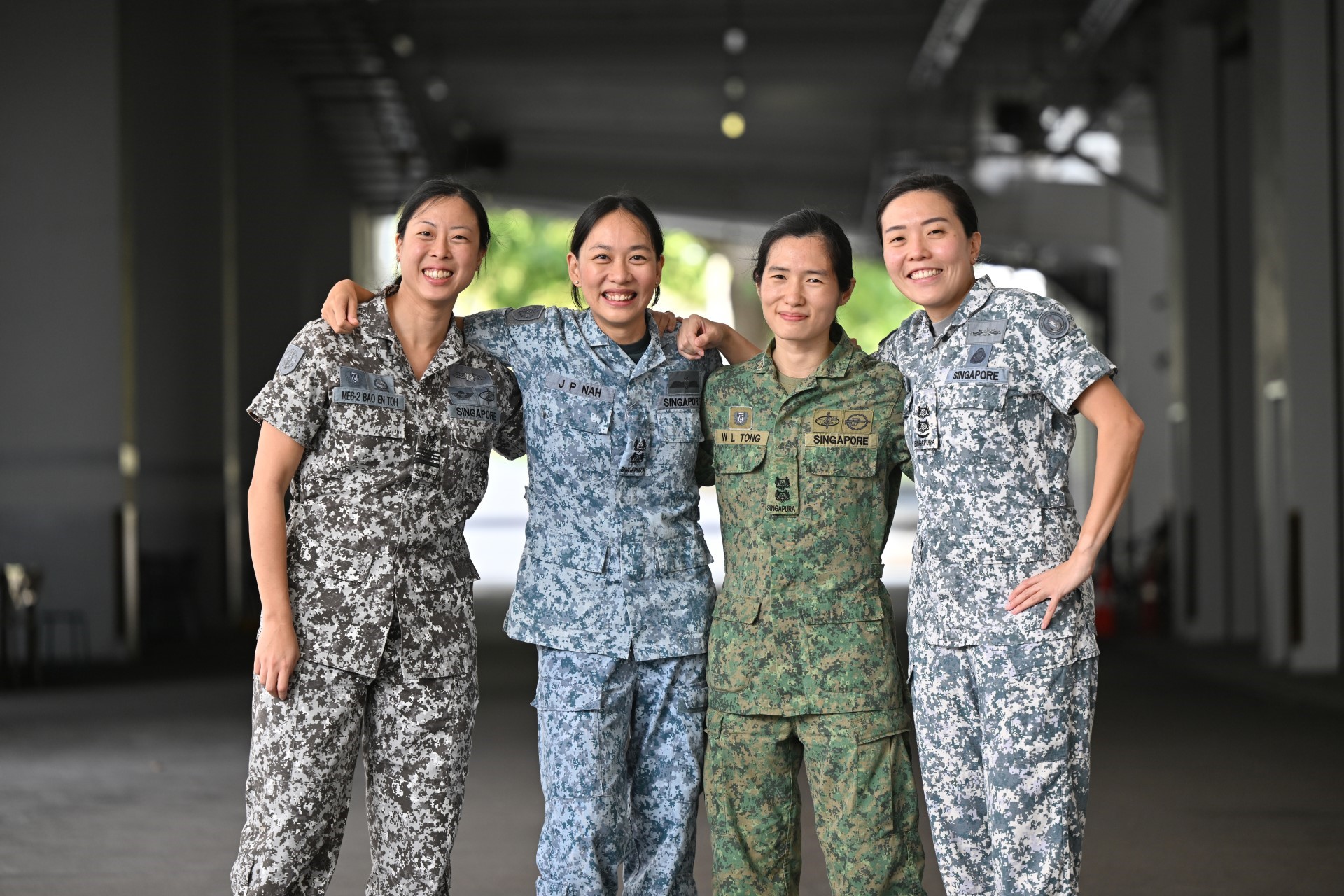MAKING A HEALTHIER CHOICE
The Singapore Armed Forces (SAF) is serving up healthier food options in an effort to encourage soldiers to eat healthy.// Story TEO JING TING
// Photos CHUA SOON LYE & CHAI SIAN LIANG
Singaporeans are definitely more health-conscious these days. Just look at the number of salad of health bars sprouting up around the central business district. Even at economy rice stalls, you can hear folks asking for less rice and more vegetables.
But for SAF servicemen and women who have their lunch at Kranji Camp III's two cookhouses, there is no need to fret about finding a healthier meal. Simply because every calorie has been meticulously calculated to provide the ideal amount of nutrition they need.
Since last June, the Army Logistics Training Institute and COmbat Service Support Command cookhouses have been trialling to serve lower-calorie meals to servicemen in non-combat roles as part of the SAF's initiatives to reduce the risk of obesity and chronic diseases.
While a typical lunch contains about 1,000 kilocalories (kcal), the lower-calorie meal only has 700 to 800 kcal. This means personnel who choose the latter option will receive smaller rice portions and one less serving of meat. A mix of 20 percent brown rice with white rice has also been served at all SAF cookhouses since last September.
"The SAF feeds our soldiers well so that they are energised to meet a wide spectrum of operations and training requirements," said Colonel Terry Tan, Head of Joint Logistics.
"While we recognise that healthy eating is a personal choice, the SAF strives to inculcate lifelong eating habits in our soldiers. These habits will improve their health and consequently benefit the nation."
Plans have been made to implement lower-calorie meals across all SAF cookhouses once the trial is completed by mid-2018.
Cut calories, not variety
Aside from lower-calorie meals, the SAF has embraced healthier cooking methods like steaming and braising. Deep fried items are only available once a month, and lower-sugar cordial and isotonic drinks are served. There is also no added MSG in all meals.
Senior nutritionist Regina Lim said that the SAF menu is well-balanced with a wide variety of dishes across the major food groups - staple, meat, vegetables and fruit.
"We have about 500 menus, including local fare, hawker fare and international cuisine," explained the 41-year-old head of the ration section from Headquarters (HQ) Supply.
The menu planning follows a strict guideline, including not repeating the same dish within three days; serving a maximum of four egg dishes a week; and limiting it to only one processed item - i.e. fishcakes - in a meal.
SAF units can also request to make changes to the menu to boost the morale of soldiers, added Ms Lim.
Safer, healthier food
In October 2017, two advisory panels were set up to further the SAF's efforts in dishing up healthy food
Co-chaired by the SAF and the Health Promotion Board (HPB), the SAF Institutional Catering Panel (SAFICP) - Food Nutrition and Healthy Diet looks into food nutrition and health.
On the other hand, the SAFICP - Food Safety advises on food safety and is co-chaired by the SAF and the Agri-Food and Veterinary Authority.
Experts from statutory boards, Defence Science and Technology Agency and DSO National Laboratories also sit on the panels.
The SAF 's co-chair for both panels, Senior Lieutenant Colonel (SLTC) Chang Pin Chuan said: "Although we've always been working closely with HPB for our rations, we wanted experts from food industries to see if we're preparing and serving our food correctly... and to see if there are any areas for improvement."
The Chief Supply Officer from HQ Supply added that the SAF is exploring chilled ready-to-eat meals as another option to outfield rations, and catering rations for servicemen with food allergies so that they can be deployed.
"I think servicemen deployed outfield would welcome this alternative," said SLTC Chang, 42.
"But we want to discuss... the nutritional value of these meals and if they are safe for soldiers before operationalising the concept."
The panels will be conducting quarterly meetings to look into the said issues and more.
They have also toured several SAF cookhouses for a better understanding of how food rations are being prepared and served.
